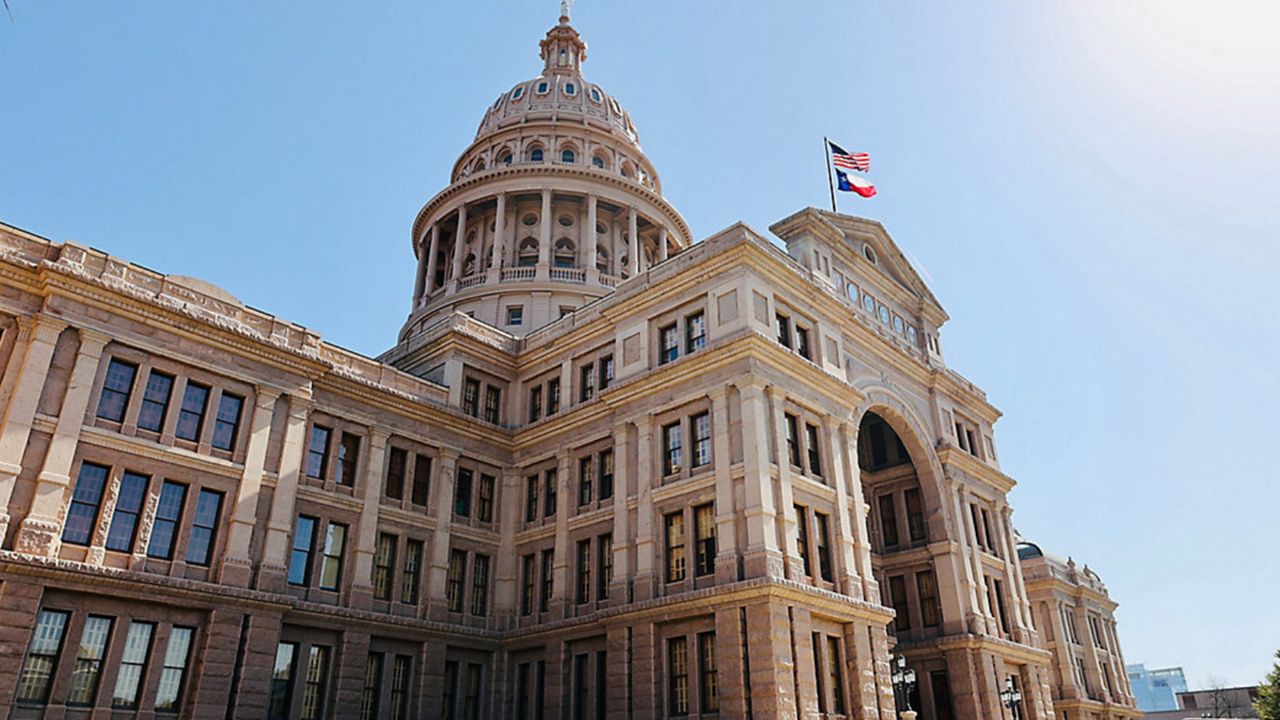A rebounding post-pandemic Texas economy — and high gas prices — means Texas lawmakers are likely to be flush with cash as the legislature enters the 88th session next January.
Comptroller Glenn Hegar expects to issue a revised revenue estimate on Thursday. On Tuesday morning, Hegar told House budget writers to expect good news from the CRE, which stands for the state’s Certified Revenue Estimate.
Last November, the estimated revenue number for the next budget was $135 billion. That gave lawmakers an extra $12 billion they could potentially spend; on Tuesday, Hegar said he expects to push that number higher.
“I plan to release a revised CRE in two days, on Thursday,” Hegar said. “I’d give you the number, but you’ll have to wait until Thursday. Let’s just say I’m going to warn you that you need to be sitting in your seat when you read it. It is a sign of growth.”
The annual growth in revenue, adjusted for inflation, is 3.7%. That’s consistent with a growing real economy and more than three times the estimated 1.1% annual rate of growth of population in the state. Texas has more activity and real revenue growth.
That doesn’t mean Texas lawmakers can spend all of that growth. The state has a number of budget limits, including a new one that limits expenditures in the budget to growth, plus inflation. Any revenue used for tax relief would not fall under the budget cap.
Speculation about new budget items started as soon as Hegar made his announcement. Pay raises for state employees and cutting the cost of health care for retired teachers were mentioned. Lawmakers also soon will hear from advocacy group with requests that will range from pay raises for home care attendants to the clean-up of oil-and-gas fields.
A number of Republicans have pledged to use excess revenue to push down property taxes.
“Next legislative session, your (budget) limit is not going to be the revenue estimate. It’s going to be a constitutional spending limit, which only comes about every decade or so,” Hegar said. “You’ve got a lot of challenges ahead because everybody’s going to come asking for money.”
Here are some of the factors that are adding to Texas revenue increases:
- Tax revenues of all types are now exceeding pre-pandemic collection levels, Hegar said. Sales tax collections in Texas are averaging more than $3.5 billion per month this fiscal year, exceeding the monthly high of $3 billion Texas hit coming into the pandemic. Some of this growth in sales tax can be attributed to current inflation, Hegar added;
- Sales tax collections are the biggest revenue driver, but other tax categories also have grown. Hotel occupancy taxes in June, for instance, were up 24%, year over year; and
- Higher oil prices are driving greater oil-and-gas production in Texas. Severance taxes, based on a percentage of market value, topped $3.1 billion in the last three months. That three-month revenue total exceeds the annual severance tax collected in most past years.



